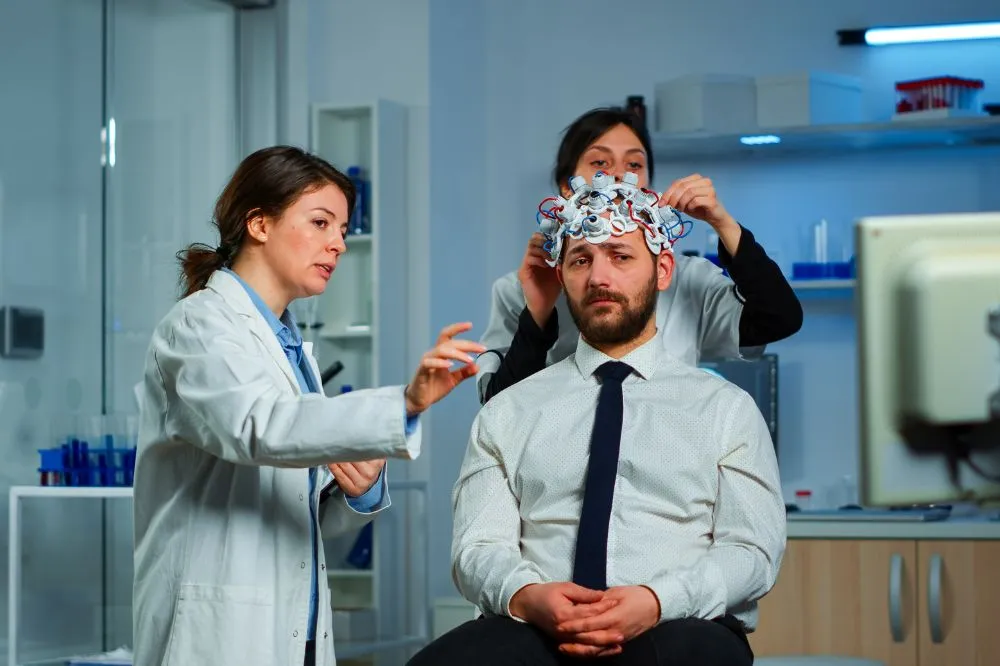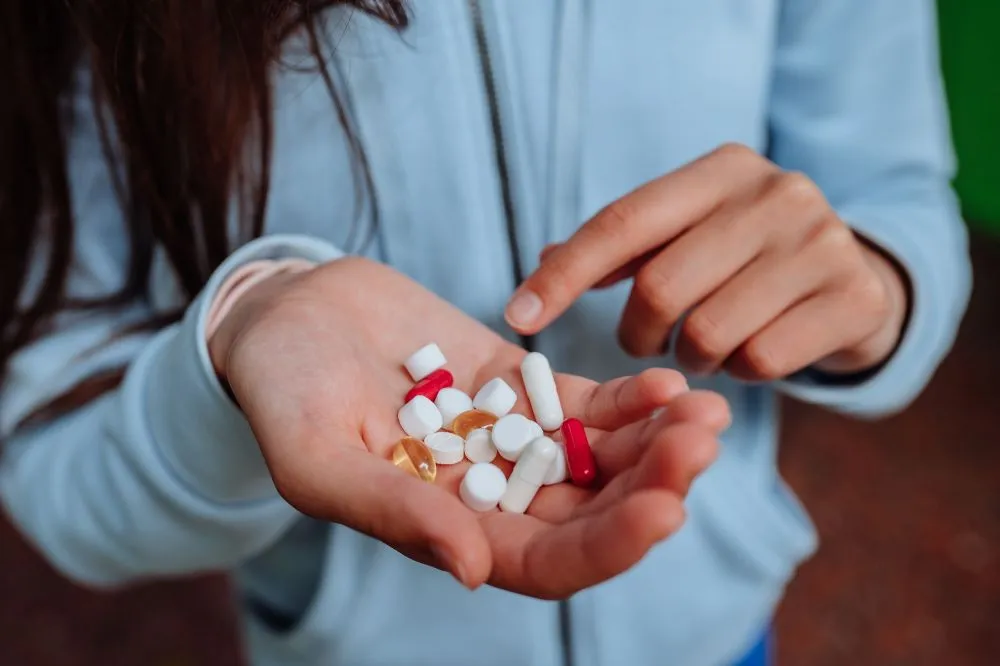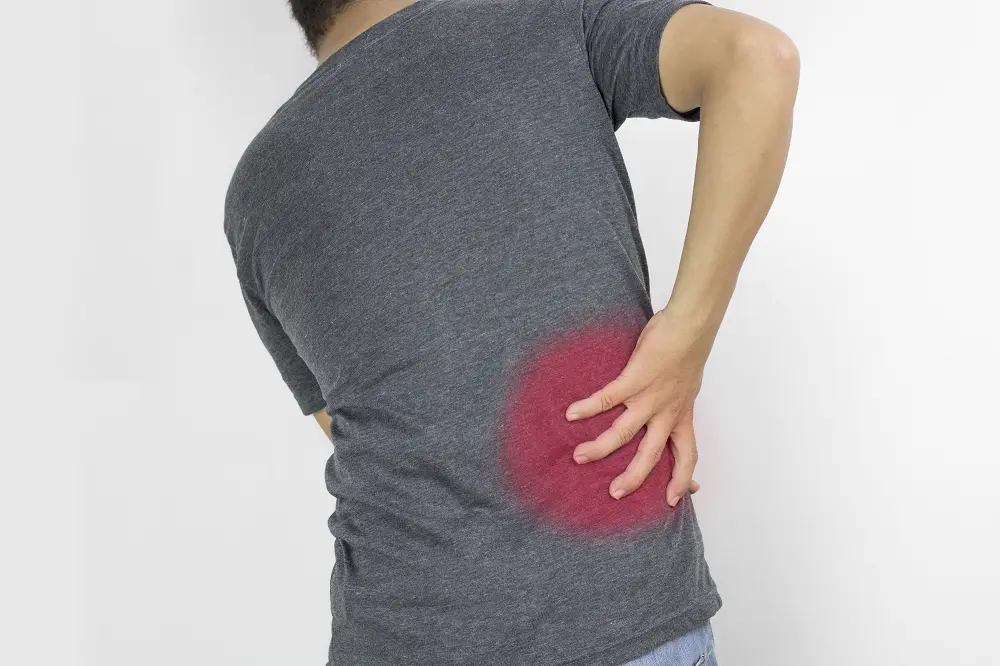Summary: Cases of PTSD are on the rise globally, yet there are very few effective treatments for the condition. To date, psychotherapy is the most effective way of managing the condition. New studies show that MDMA or psilocybin may significantly increase the effectiveness of psychotherapy. It appears that these substances, when used as medications or part of PTSD treatment, make individuals more receptive to psychotherapy, thus helping rewire the brain faster.
Due to covid and various international conflicts like the Ukraine war, PTSD is on the rise in the US and globally. However, it is among the conditions that are still not treated effectively with existing drug therapy. Moreover, even if medications help, they take a long time to show results. Thus, there is a need to find medications that act fast, are effective, and are safe for managing the condition.
Researchers are testing many treatments. However, it appears that MDMA (“ecstasy”) and psilocybin (“magic mushroom”) are now among the most promising remedies. These remedies appear to act fast and are especially good for managing PTSD when combined with psychotherapy. A recent study regarding their promising role in PTSD management has been published in the journal European Neuropsychopharmacology.
These therapies are not to replace psychotherapy. Instead, they work better when combined with them. Psychological counseling remains the most effective and safe way to manage PTSD. However, combining it with MDMA or psilocybin may result in significantly better results.
It appears that due to some inherent qualities, some people are prone to PTSD. Those affected by the condition develop severe issues like nightmares, intrusive thoughts, mood swings, avoidance, and various other physical and emotional reactions. In addition, they sometimes find it difficult to control these physical and emotional responses, causing significant disability.
Researchers say psychotherapy remains the treatment of choice, as it is the only way to rewire their brains. However, psychotherapy is a prolonged and often quite expensive process. In addition, it means that using it on a massive scale is quite challenging.
Of course, there are many other drugs in development. However, researchers say that MDMA and psilocybin are among the most promising agents. Here it is vital to understand that these drugs mainly work by increasing the action of psychotherapy and not due to their hallucinogenic properties. They may help individuals become more receptive to psychological instructions. In addition, they ensure better and faster brain rewiring.
Researchers have already done 4 larger clinical studies. In all the studies, they found that combining psychotherapy with psychedelics was better than psychotherapy alone1.
Of course, “ecstasy” and “magic mushroom” are still the substance of abuse. Thus, their use in medicine is not legal. However, now things are changing fast, as regulatory agencies realize their benefits in PTSD. Hence, it is expected that MDMA may get approval for managing PTSD in a couple of years.
Clinicians are very excited about the perspectives of MDMA approval for clinical use, as they think that it will revolutionize PTSD treatment. Not only that, but it will also open doors for testing these therapeutic approaches in other mental health conditions. For example, there is already sound evidence that psychedelics are quite good for managing depression when used along with psychotherapy.
If approved, doctors will have a potent tool in their hands to rewire patients’ brains.
Moreover, it is worth understanding that MDMA was created by a pharmaceutical company a long time ago. However, when it was created, doctors tested it for other health conditions, in which MDMA did not work well.
Additionally, it appears that doctors and regulatory agencies are now changing their attitudes toward MDMA. Though its uncontrolled use may pose a health risk, when used under medical supervision or in the clinics, it is a highly safe way to manage various mental health issues.






